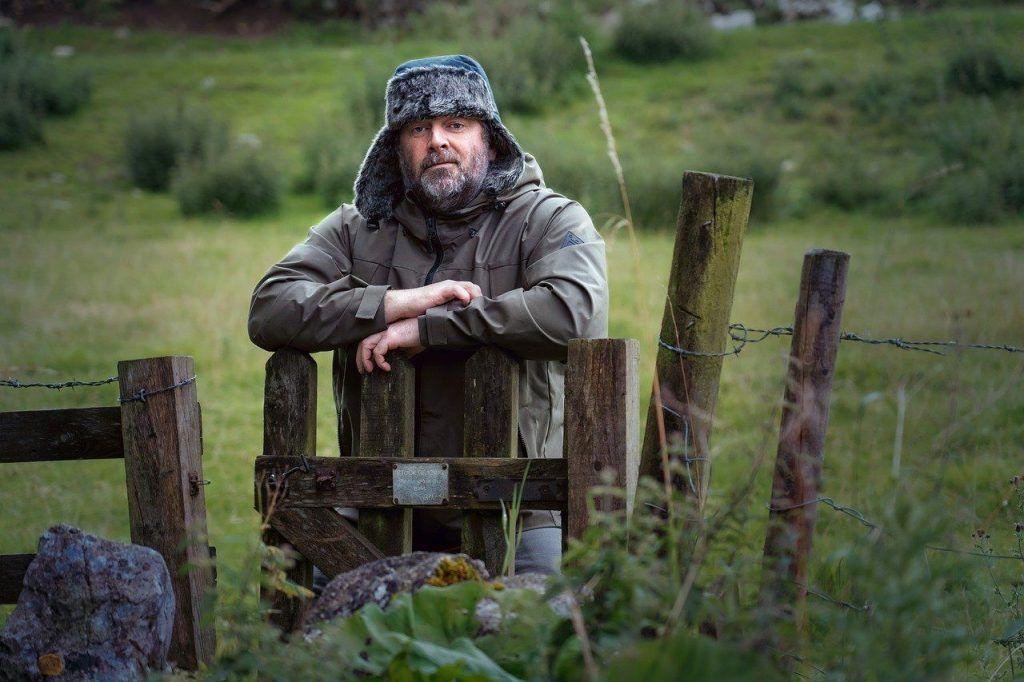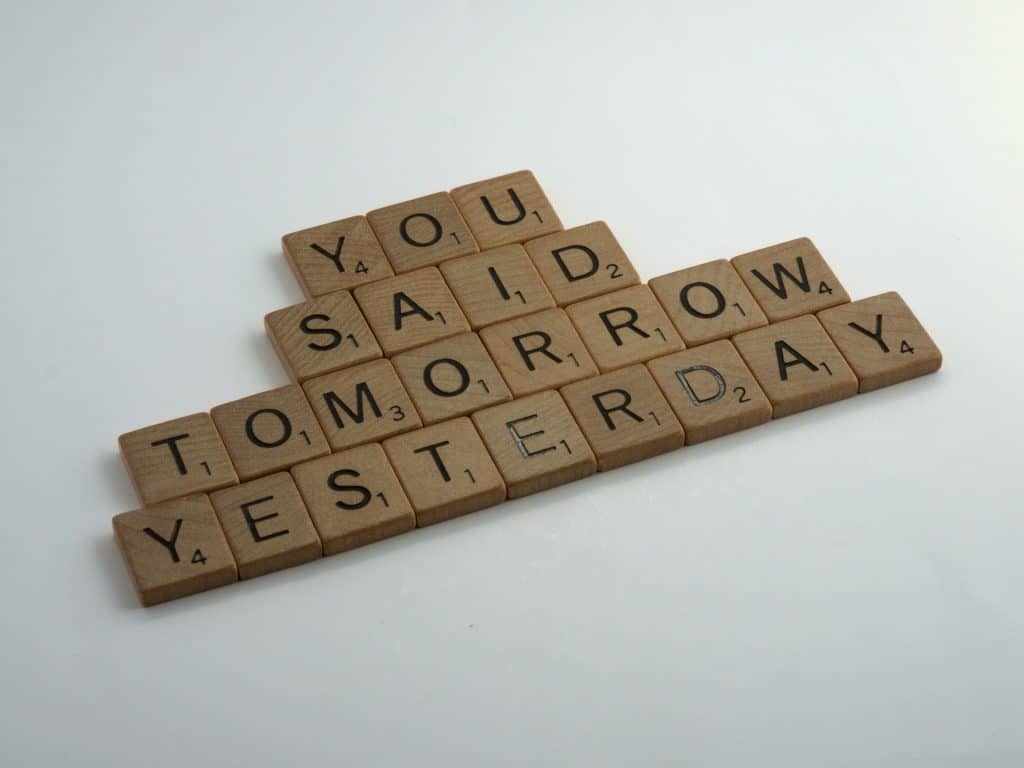Why doesn’t my partner say sorry?
Saying sorry seems such a simple thing.
When you find yourself in an argument with your loved ones in particular, things can become very emotional.
You can sometimes find yourself saying and doing things that you later regret.
Maybe you shouted, or stormed out, or said painful words.
I hate you’,
‘I don’t care about you’
or worse.
We know how to push eachother’s buttons.
Sometimes we bring up past hurts to put the pressure on and increase the power of our arguments.
We are seeking a reaction, feeling overwhelmed, angry and upset. We may find ourselves going to extremes in the moment.
An apology may come easily to you, so why doesn’t your partner say sorry?
Just because these things happen from time to time does not mean the relationship is broken.
We are all individuals, with a host of different values, beliefs and attitudes. It is only natural that conflict will occur between two loved ones, and often around similar themes.
When these moments occur, it is important that we resolve them and gain closure as a couple.
Sometimes you need to sit down together and really work on things. There may be times also when you need some outside support.
A relationship coach can help you both see things in a balanced way.
Most of the time though, you may simply need to ‘kiss and make up’.
Part of this process, for many couples, is the need to say sorry. Sometimes one of you needs to do it. Often both of you have to take the responsibility.
What does saying sorry mean to you?
What if your partner never apologises?
For some couples, it can seem that one of the couple is incapable of saying sorry. This is when things can fester and become a bigger problem.
Without the closure of an apology, you can feel like the argument is not resolved. You can feel accused, judged and unvalidated. It can feel like she doesn’t care.
To you, an apology may feel like a natural thing to do.
Even though you know that there were things that your partner did that were not acceptable, you recognise your own part in the conflict.
So when you apologise, you know that you are taking ownership of those things that were your responsibility. An apology requires you to eat a little humble pie, but doesn’t mean that you are the only guilty party.
If you see apologies this way, then you will find it relatively easy to apologise, and hard to understand when the gesture is not returned.
The fact is that we all have a different belief system about what the word ‘sorry’ means.
For example, perhaps your partner grew up in a family where the word ‘sorry’ was restricted to punitive occasions.
‘Tell your brother you’re sorry’.
‘You’ll stay in the corner until you are ready to say sorry, young man’.
‘I’ll stop punching you if you say you’re sorry.’
She may have lived in an environment where many vicious fights took place and although there were regular apologies, nothing seemed to change.
It may even be that he was brought up to see saying sorry as a form of weakness, rather than a demonstration of strength of character, as others might view it.
What do I do if my partner doesn’t say sorry?
Once you become aware that saying sorry means different things to different people, you can begin to recognise that there may be other ways to get the closure you seek.
You may notice that after an argument your partner becomes more attentive.
Maybe he makes you a cup of tea to calm you down, or give you an affectionate pat or a peck on the cheek.
You might see this as ‘creeping’ but again, in her belief system this may be how they have received closure from their parents in the past. Many parents virtually never apologise to their young children, so is it any wonder that it feels such a big deal to apologise ourselves?
A hug, or an affectionate touch is a great way to feel that closure and can be initiated by either party and if reciprocated can feel very fulfilling.
You can also try using alternative words or phrases which your partner may feel more comfortable with, in the hope that they form part of her vocabulary – ‘I apologise’, ‘my bad’, ‘I was out of order’.
The best thing of all, is to talk about this with your partner.
You may be able to gather some useful understanding about how they see an apology. Perhaps the way they hear an apology from you is not what you expect.
The two of you may be able to compare notes on what feels like closure to you.
During, or after an argument such as this is not the best time to do this. Choose a time when things are on an even keel between you. Or notice a time when one of you apologises naturally to set the conversation going.
You could also talk about a story in the media, where an apology did or did not feature (Governments and Politicians in general are extremely reluctant to say sorry – or even give out hugs for that matter)!
It can still be a challenging conversation to have, but there is a good chance that you will gather some useful understanding.
Finally, the other thing you can do is to let go of the need to receive an apology. Recognise that there are other ways that you can be validated.
Actions speak louder than words, so simply be aware of the other behaviours that take place in your partner. Focus on rebuilding connection while not ignoring the issues that created the argument in the first place.
Notice too, the subtle things that create situations like this in the first place.
Was one of you tired? Were you hungry or low in blood sugar?
Did you have any alcohol at the time, or the night before that might have affected your mood?
Sometimes an apology is essential for moving forward, but sometimes it is an unecessary ego-boosting distraction that you can do without. When you do need to say sorry, this article from ‘Happiful Magazine’ tells you how to do it well.



